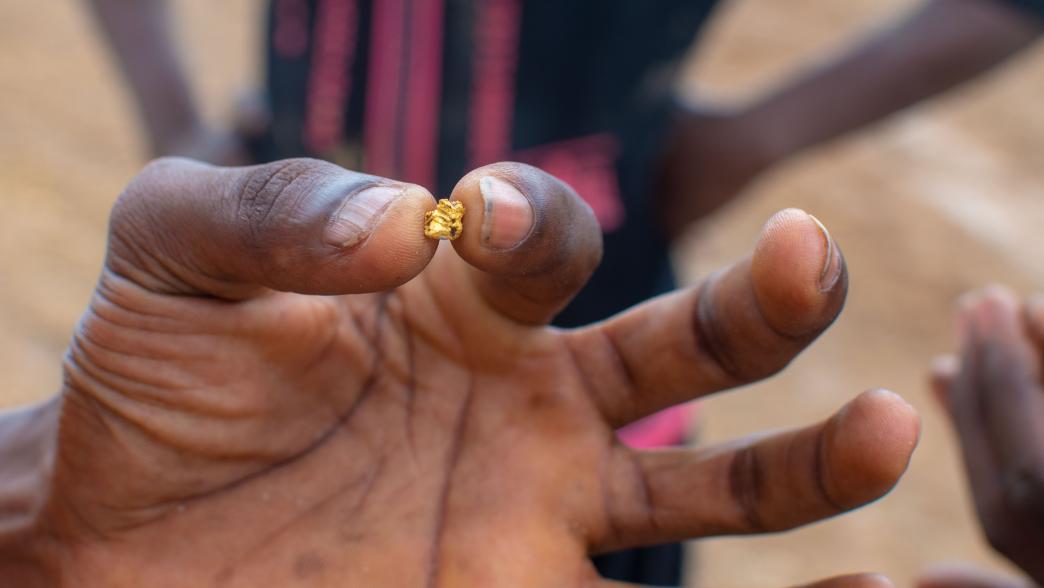
Demystifying Ghana’s Agyapa Royalties Deal
As the coronavirus pandemic struck Ghana in March 2020, its government introduced sweeping social and health measures, but with a hefty price tag: the IMF subsequently projected the government deficit to reach 9.5 percent of GDP. Ghana’s gold wealth was seen as a possible solution. The government proposed creation of a new company, Agyapa Royalties Ltd. The Agyapa plan involves assigning most gold mining royalties from Ghana’s industrial gold production to an offshore company and selling 49 percent of the shares for approximately $500 million.
When information on the Agyapa IPO surfaced in social media in early August 2020, NRGI convened discussions with a group of key Ghanaian civil society organizations (CSOs). This group coalesced into a 25-member “Alliance of CSOs Working on Extractives, Anticorruption and Good Governance.” Analysis by NRGI and the CSOs exposed important governance vulnerabilities in the deal, including risk of undervaluation; loss of control over gold sector governance; loss of ability to repay existing loans; limited consultation and questions on transparency and accountability provisions; and corruption risks.
NRGI helped the alliance to broaden its advocacy agenda beyond just seeking transparency around the deal terms and politically exposed persons involved. NRGI suggested solutions to ensure an adequate valuation of Ghana’s gold and to protect the sovereign rights of the government to adjust fiscal terms and control decisions made by Agyapa Royalties.
The alliance held several press conferences which led Ghana’s top media to actively report on the deal. NRGI connected with key international media outlets, with the Financial Times and the Economist citing NRGI analysts and Ghanaian members of the alliance.
Following two months of coordinated pressure from civil society, a special prosecutor’s report outlined potential corruption risks and infringement of procurement legislation, validating some of the risks raised by civil society. The future of the deal is still pending, but civil society successfully placed the issue at the top of the national agenda.
